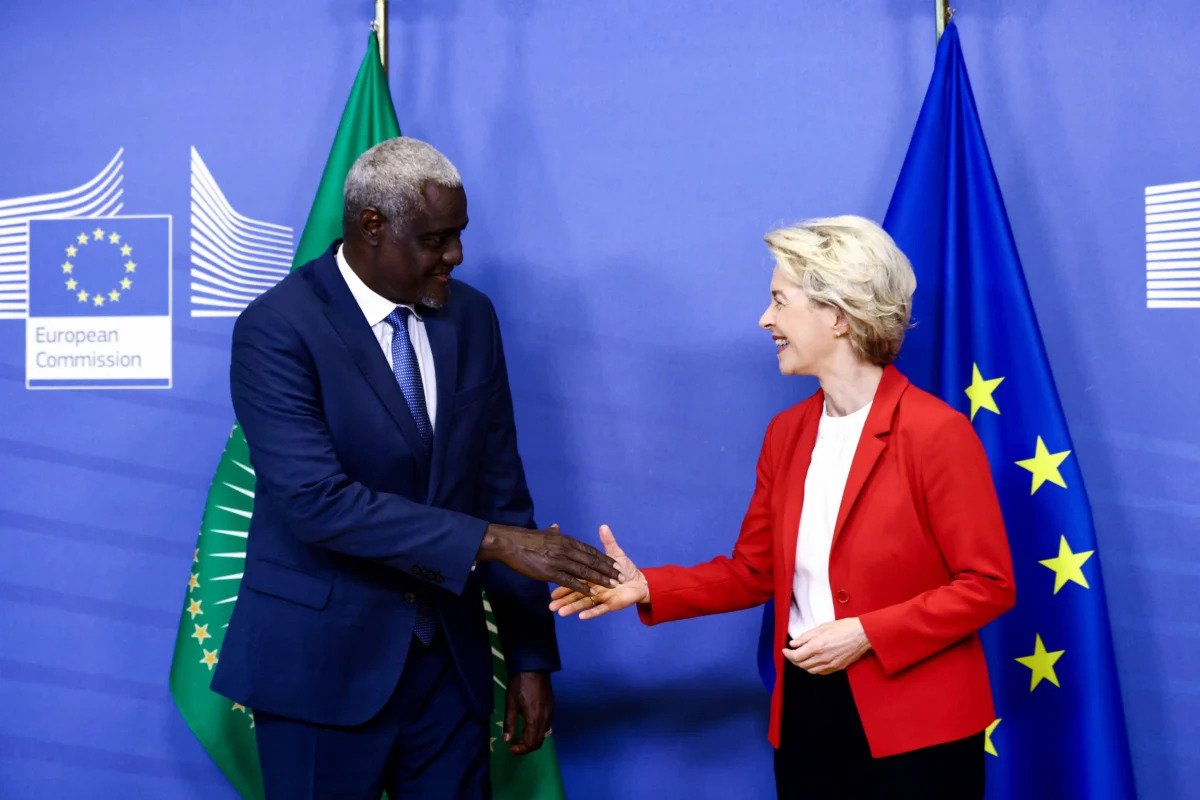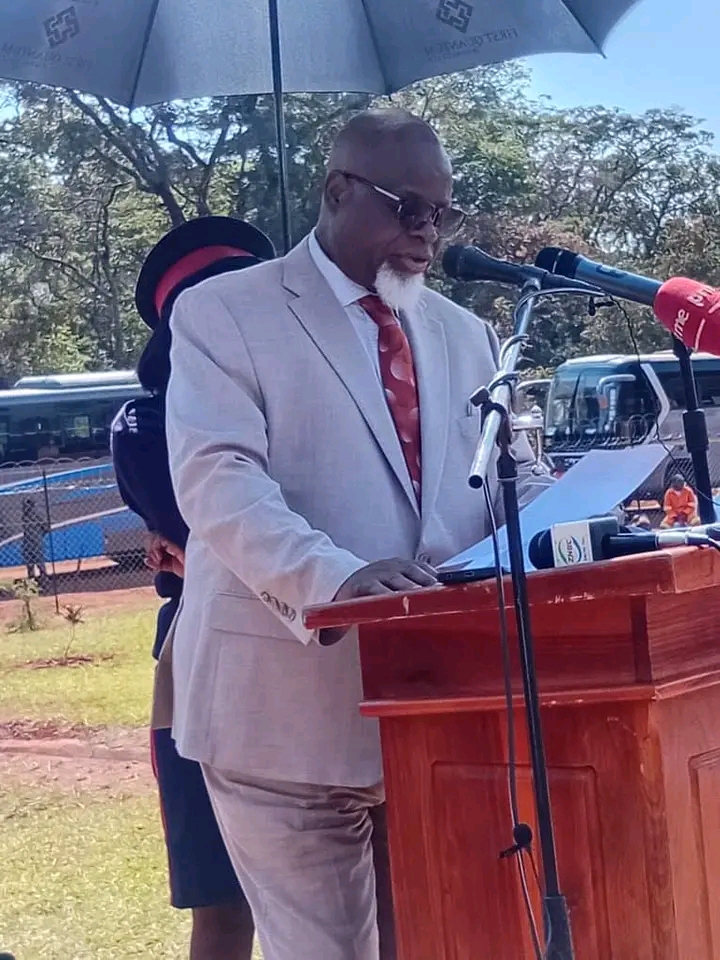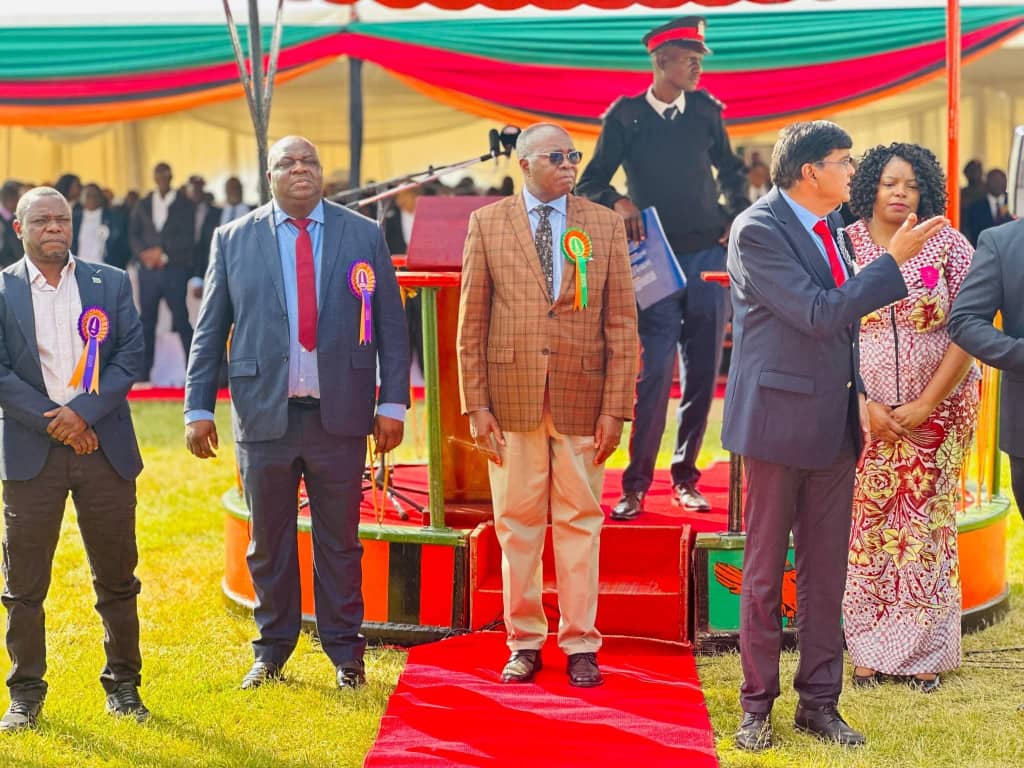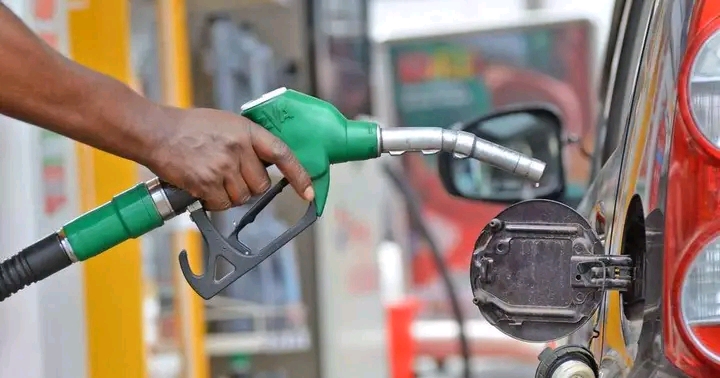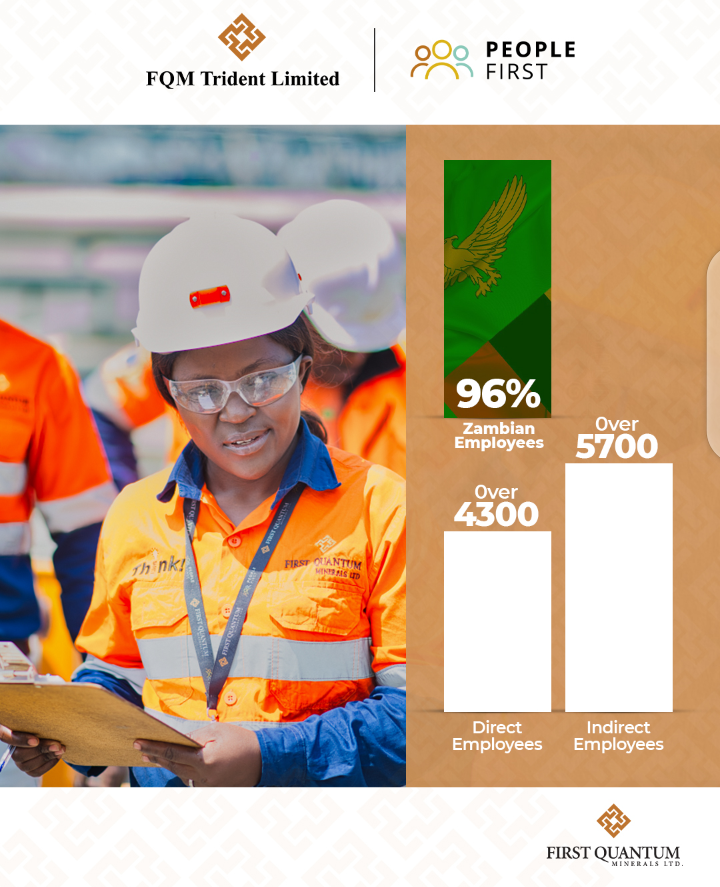Just a few months after the European Union-Africa Summit was held last February, Moussa Faki Mahamat, the Chairperson of the African Union (AU), and Ursula von der Leyen, the EU Commission President, met in Brussels on Tuesday to unveil details of the EU’s $150bn Global Gateway Plan for Africa.
The Global Gateway represents a shift in the EU’s foreign policy from development aid to investments in key infrastructure projects and the energy and productive sectors. The plan, initially unveiled in December 2021 as part of the EU’s €300bn Global Gateway investment strategy – of which half is to be deployed in Africa – is seen by many observers as a counterweight to China’s Belt and Road Initiative. Von der Leyen alluded to the comparison in comments that seek to distinguish the EU scheme from its competitors.
“The difference between Global Gateway compared to others who come with infrastructure projects is that there is transparency, there is good governance, and there is the absolute goal to have locally added value and skills,” she told the press conference.
Energy cooperation
Von der Leyen and Mahamat both said the AU-EU partnership needs to be strengthened as a result of the war in Ukraine, which poses significant energy and food security challenges for the two continents.
Glad to welcome @AUC_MoussaFaki and the @_AfricanUnion at the @EU_Commission today.
We live through bitter times. So Africa and Europe need to work even closer together.
We are partners in times of crisis and partners for the future.
#GlobalGateway pic.twitter.com/YeLOz9JxI7— Ursula von der Leyen (@vonderleyen) November 28, 2022
Europe promised investment to facilitate African countries’ transition from fossil fuels, notably the Africa-EU Green Initiative, which is estimated to lead to investments of $15bn. Several green projects funded by the EU are already underway across the continent, including a contribution of $1.6bn towards Morocco’s energy transition, €3bn for the implementation of the Just Energy Transition Partnership with South Africa, and a €1bn initiative to help the low carbon transition of Côte d’Ivoire.
In a series of documents released on Tuesday, the EU also emphasised the potential of Africa’s hydrogen industry, which could provide at least 40 GW of electricity production by 2030.
Von der Leyen also recognised the need for immediate actions concerning Africa’s food security issue and pledged more than €4.5bn for the continent until 2024. The investment should increase local food production through the adoption of modern technologies, she said. The blocs will also cooperate on the provision of fertilisers to the continent, which has been severely disrupted as a direct result of the Russia-Ukraine War, given the region’s vital role in production.
“We agreed today to launch a joint Task Force on fertilisers, to tackle together the various challenges for the short and the long term as far as fertilisers are concerned,” she said.
My thanks to @vonderleyen & the @EU_Commission for the College to College mtngs in #Brussels, a vital periodic review of the strategic #AUEU partnership on how to best deliver on shared objectives for fair global governance, shared prosperity & equitable access to opportunity. pic.twitter.com/nhS7hVztyh
— Moussa Faki Mahamat (@AUC_MoussaFaki) November 28, 2022
Linking Africa and Europe through major infrastructure projects
The investment package also aims to develop multi-country infrastructure to facilitate trade and mobility, both within Africa and between Africa and Europe.
The African Union and Europe have identified eleven strategic corridors to develop new value chains that could benefit industries in both continents, according to the documents.
The EU has already announced a €58.6m grant for the Libreville/ Kibri/ Douala-N’Djamena Corridor in West and Central Africa, and a €91m contribution to the Mombasa-Kisangani Corridor in East Africa. The partners will also work on linking submarine internet cables.
“Work should start soon on submarine cables to digitally connect Eastern and Western Africa with Europe,” said Von der Leyen.
Two underwater cables are currently in the pipeline: the Medusa flagship, which will connect Northern African countries to EU countries – with a planned extension of the cabling to West Africa – and the Africa 1 subsea cable, which will link Europe to the entire east coast of Africa.
Moussa Faki Mahamat said that further meetings between the partners would help to firm up the plans.
“Despite the difficulties, despite the hardships, the partnership between Europe and Africa is going well. We must put all the necessary care in it,” said Mahamat.
“Our partnership must focus on the priorities of Africa and serve as a means to trigger the development we expect for our continent.”




